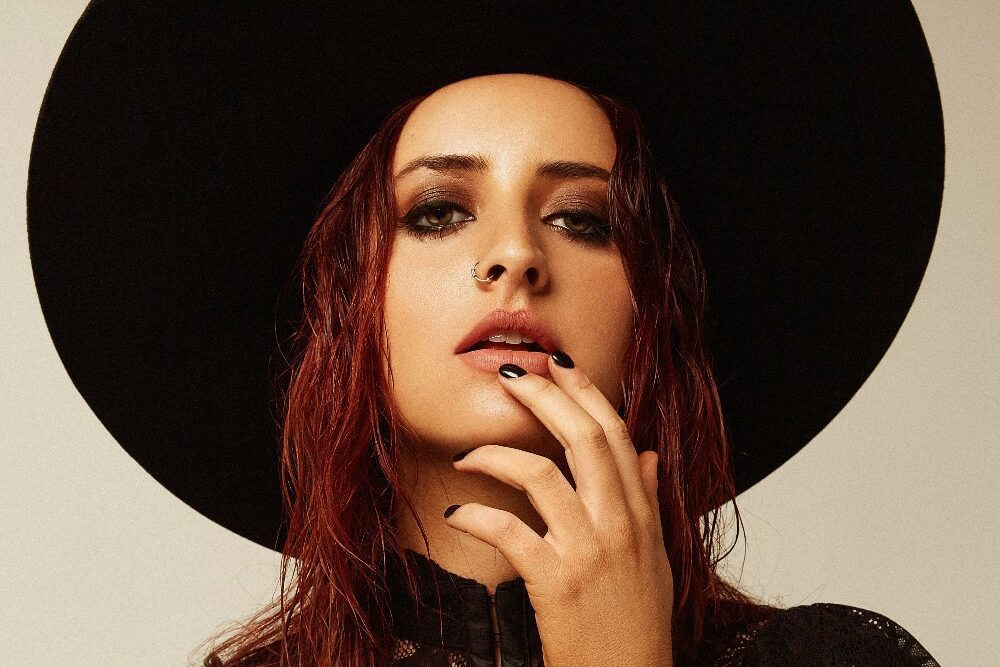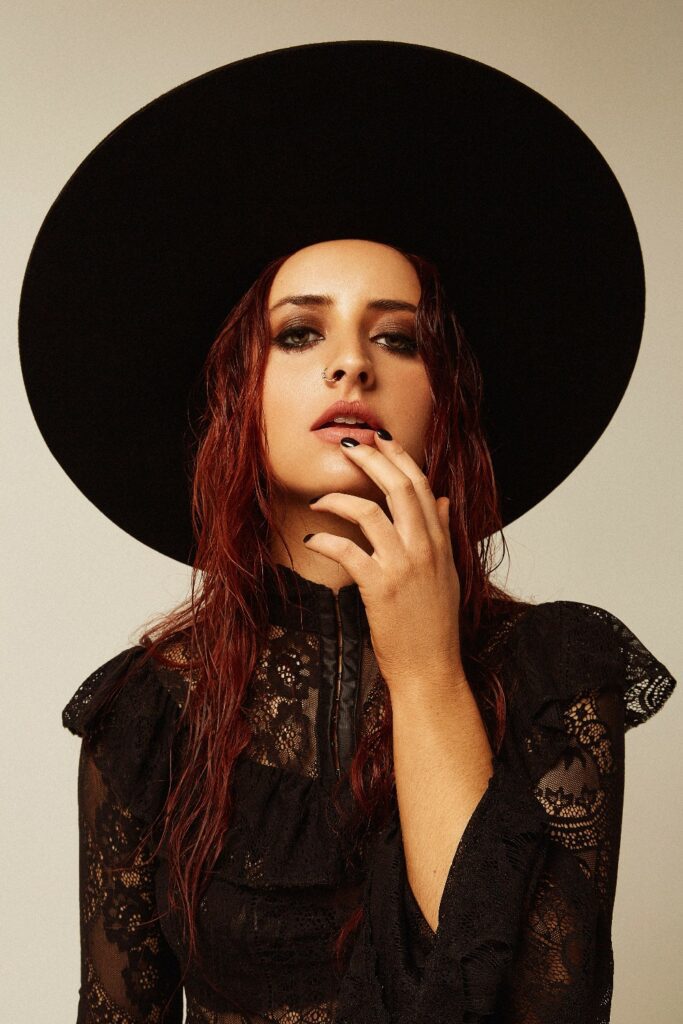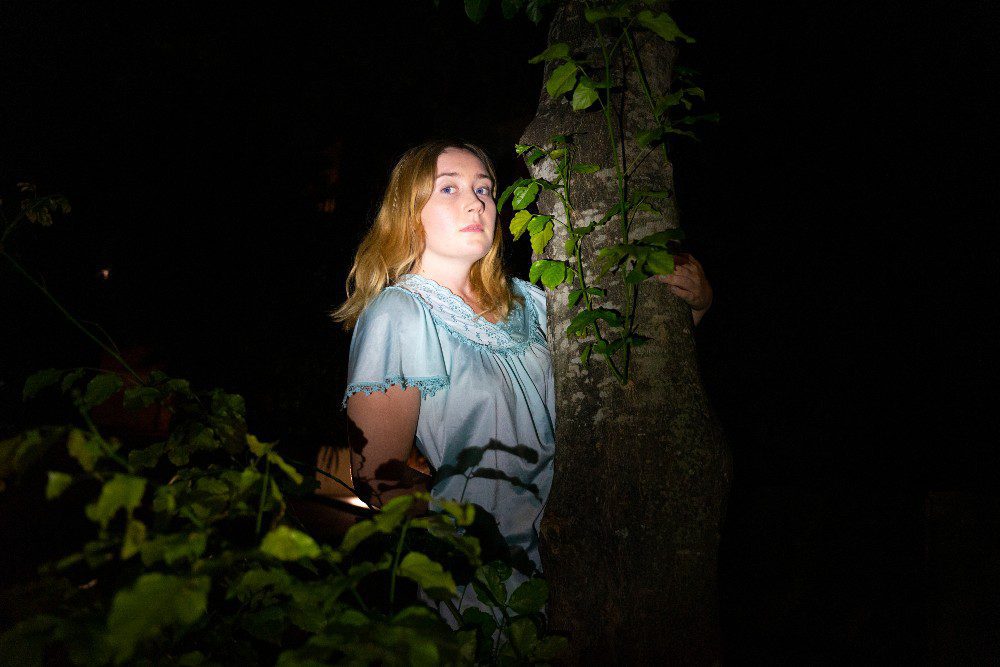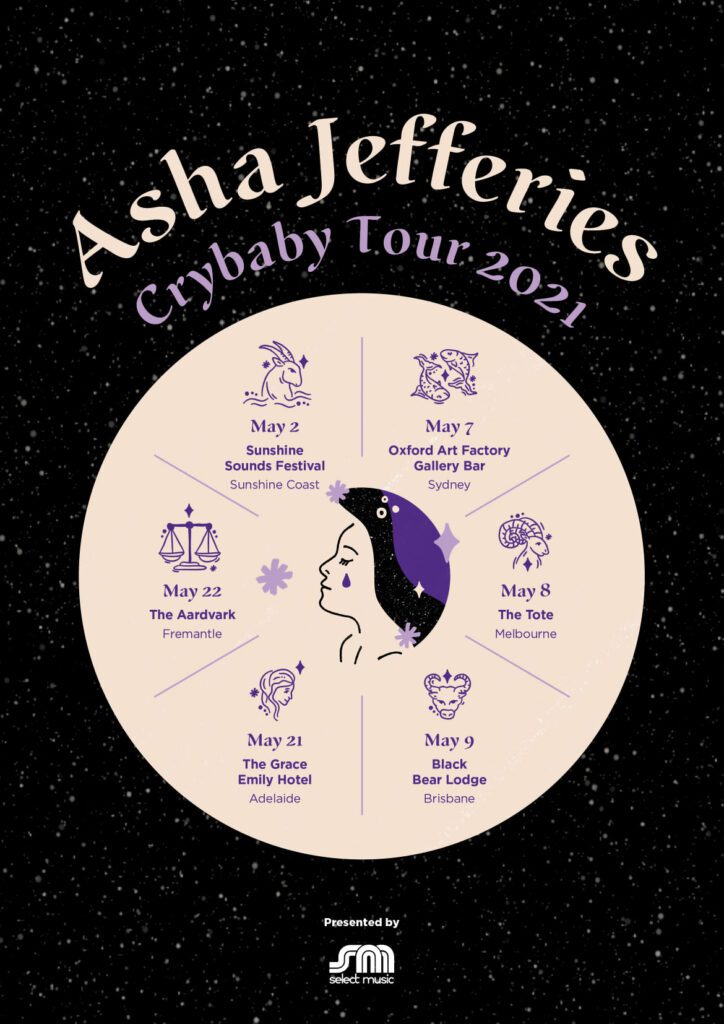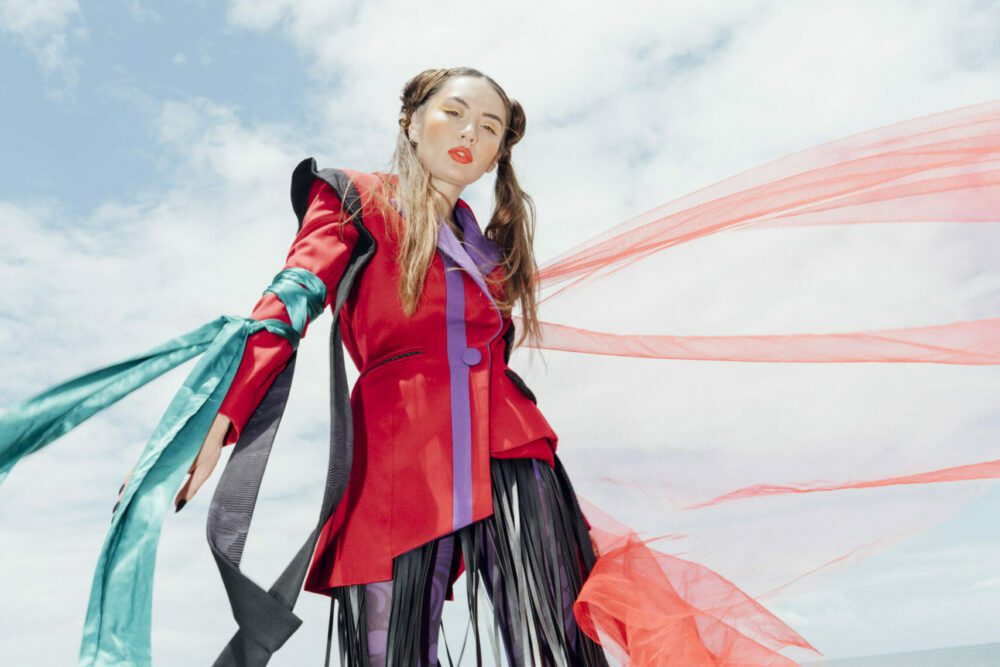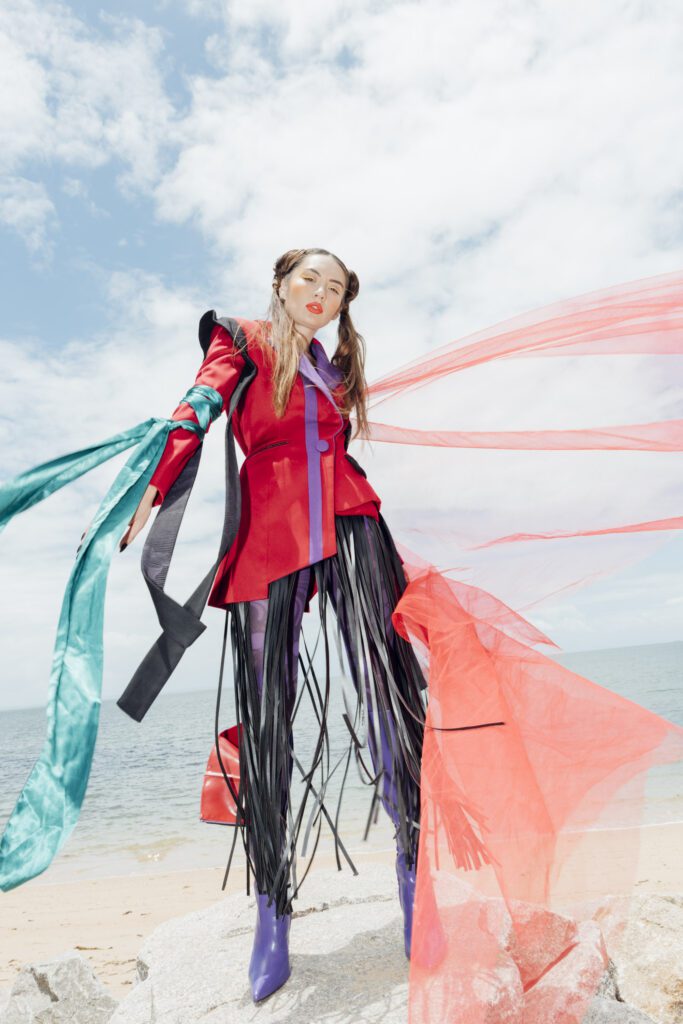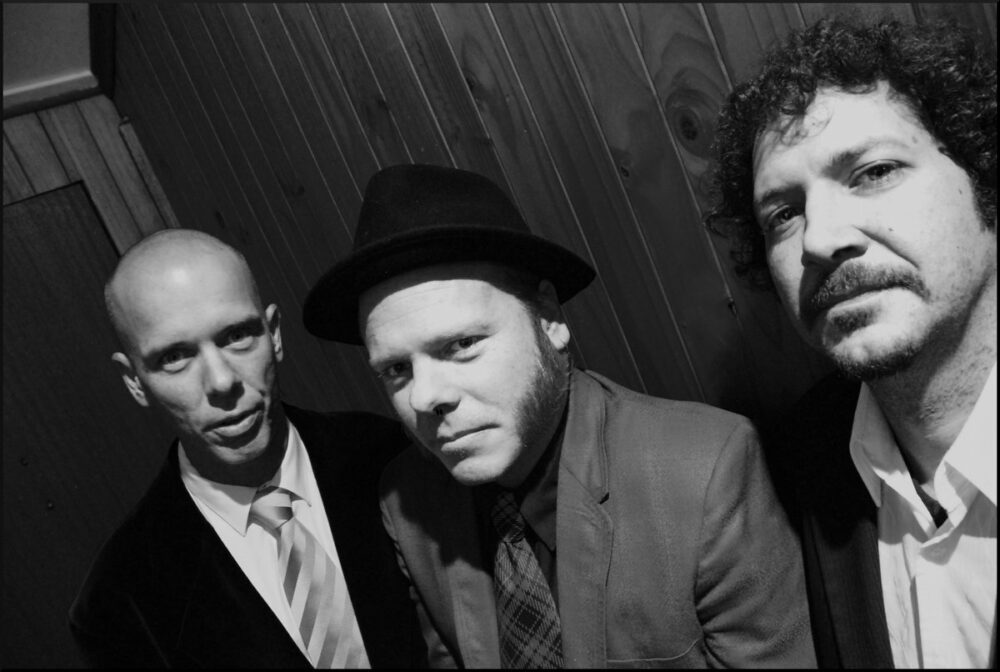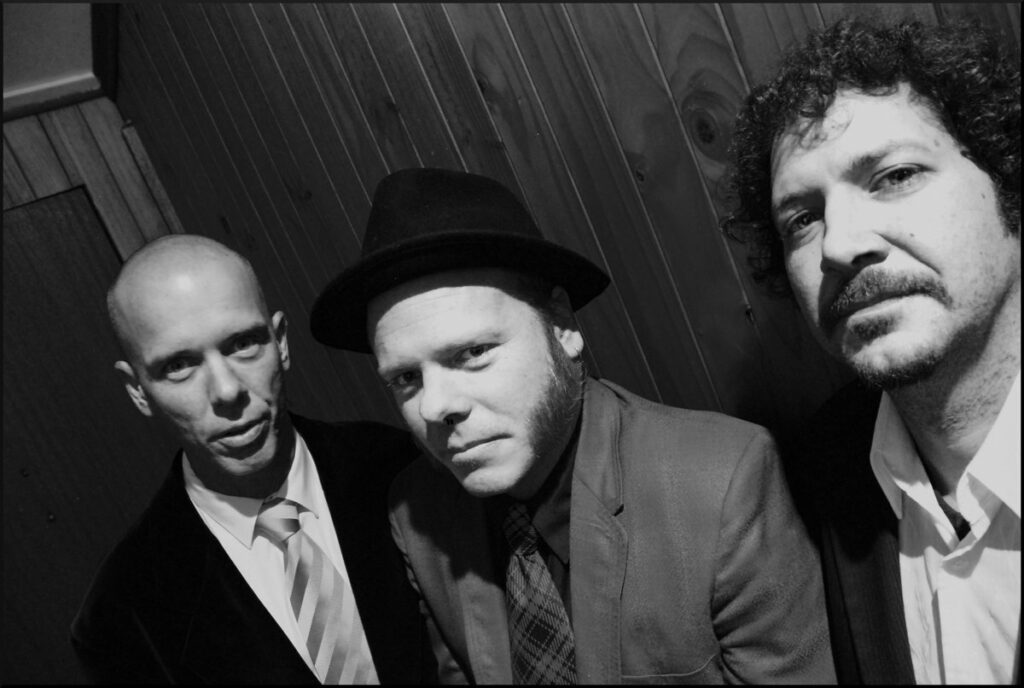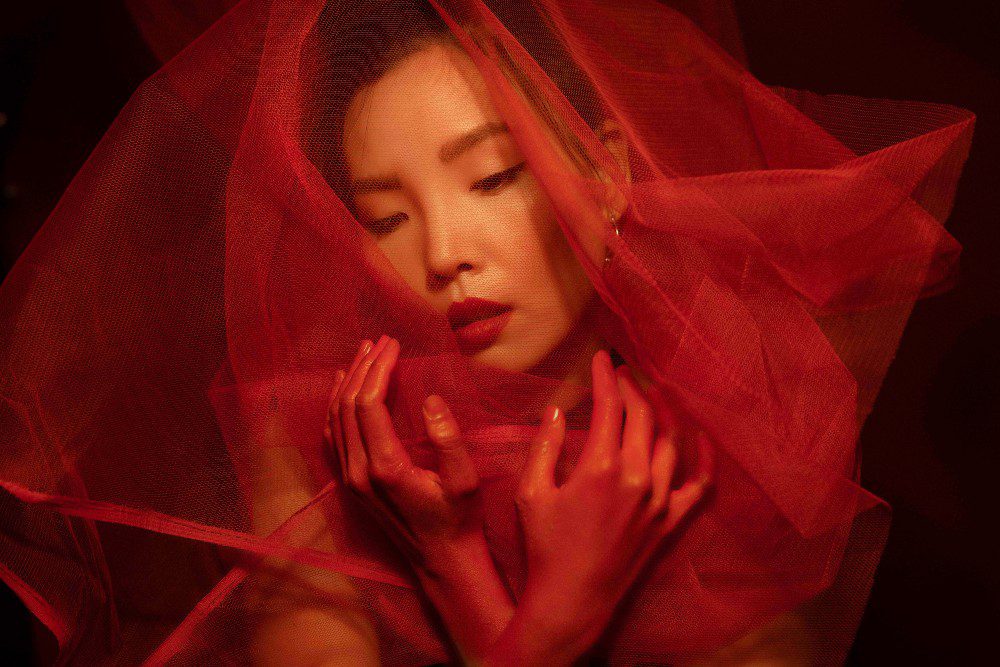

“I feel like this is [the] dream album that I’ve always wanted to make since I was a teenager, so I’m really looking forward to having it out there,” says Korean-Australian pop singer Dami Im of her latest LP, My Reality. With five previous albums and a decade of music industry experience propelled by her success in reality television singing competitions, that’s no small claim. Each step of Im’s journey brought her closer to fully manifesting her artistic vision – honing her voice, sharing her views, building her contacts, and weaving the threads of her identity into one cohesive album. Along with its October 29 release comes a sense of liberation and empowerment, too.
“I needed to understand how to achieve it. I feel like now, I’m at a point where I do have the drive, the maturity and the skills to be able to create what I actually hear in my head, and to try to make the vision come to reality,” Im says. “You can know what you want in your head, but executing it is a different question… I didn’t know how to get there, and work with the right people, collaborate, and follow through with that vision to the end… I feel like I now have that confidence and the strength to do that.”
My Reality is musically-rich, multi-textured pop, drawing from Im’s love of electro, rock and dance and her background in classical and gospel music. Hip-hop and pop producers Andrew Burford, One Above (Hilltop Hoods, Illy), Andy Mak (Vera Blue, Tina Arena) and Konstantin Kersting (Tones And I, Spacey Jane) were all on board for the project. While the album’s title is a cheeky reference to her reality TV fame in Australia, it more importantly illuminates the contrast between knowing someone from the hour or so each week that you see them through a screen, and actually, really knowing someone.
“What I consider to be my reality may be different to how other people perceive it,” she attests. “It’s factual and a fantasy all at the same time. Because of all the television and reality TV shows, people assume they know me and they know me a certain way but I don’t think they know me all the way, all the different ways.”
In Australia, Dami Im first became a household name on the fifth season of popular TV show The X Factor Australia in 2013. In 2016, she represented Australia at Eurovision, becoming the highest scoring Australian entry ever with her “Sound of Silence.” Two years later, she performed at the Commonwealth Games Closing Ceremony. In between, there’s been five albums, a reality TV dance show (Dancing With The Stars) and a reality TV cooking competition (Celebrity MasterChef), and number one albums and singles.
But Im’s love of music stretches back much further, to her childhood in Seoul. “My mum was trained in opera and classical singing, so we always had lots of music in the house, lots of classical music. We couldn’t not play music, me and my brother. My dad loved playing a lot of instruments as well, and singing,” she recalls. She began piano lessons at the age of 5, later singing and writing her own songs. When the family moved to Brisbane, music provided a sense of belonging and connection in Im’s new and unfamiliar surroundings.
“Playing the piano was not only helpful for me musically, but I think that’s what gave me some kind of identity and confidence when I first came to Australia,” she says. “I couldn’t speak English very well, so I felt really dumb…[but] whenever it came to music, I could play piano and at that really tiny school, everyone thought that I was the best. I felt really proud as a little kid. Music gave me this other language that I could use.”
By age 11, Im began studying piano at the Young Conservatorium of Music program at Griffith University in Queensland, later becoming a national finalist in the Yamaha Youth Piano Competition. In 2009, she graduated from the University of Queensland with first class honours in a Bachelor of Music, and also completed a Masters of Music Studies degree in contemporary voice. Her formal schooling might have pointed towards a classical career – especially given her mother’s success in that realm – but the art and science of making pop music held heightened allure. Im’s thorough understanding of theory allows her to convey her vision to collaborators and fully realise it, knowing what is technically achievable.
“There’s a lot more to it than musical skills,” she counters. “I got thrown in to the industry pretty quickly through The X Factor and even though I had been making music all my life… it was different when I had to do it on a really big scale, and I had, suddenly, so much pressure… All of a sudden, I had to make something that would be played on radio, and what does that even mean?”
A condition of her X Factor win was signing to Sony Music Australia, which provided her with a recording and management deal after she won with the single “Alive.” She left Sony last year; last month, the label made national news in Australia for an investigative TV revelation on ABC’s 4 Corners of decades of abuse, harassment and systematically firing women when they were on maternity leave.
“I did watch it and yeah, yeah, that’s where I was,” says Im with a nervous laugh. “Whatever the staff experienced there, the artists also experienced…for me, I don’t think I’ve ever been silent about it. I’ve always said things about my experience and I guess people didn’t pay that much attention until now.”
It’s not surprising that artists have been less willing to talk about their experiences with Sony – especially those that still feel indebted to the label, whether emotionally or contractually. Im not only feels she’s paid that debt, but that Sony’s insistence on pushing her to record covers rather than originals sold her extremely short as a creative force, ultimately driving her to sign with competitor ABC Music. “All I can say is when I was at Sony I had some really great opportunities and really great experiences as well… [but] on a creative level, I felt that I needed to have more control,” she admits. “I learnt that I like to be the boss when it comes to my songwriting, so for me it was time to leave.”
There were certainly clues to her struggle in the first singles she released independently, beginning with 2019’s “Crying Underwater,” which addressed the pressure to look content while secretly suffering. Then, in January 2020, “Kiss You Anyway” revealed the more emotive route Im would be taking; she recorded a Korean version in November last year. The third single, “Marching On,” was a love song from a daughter to her mother, anchored by piano and hand-click-style percussion.
After signing to ABC and dropping “Paper Dragon” last year – a siren song that declares her newfound confidence – she followed up with the mid-tempo, sunshine pop of “Lonely Cactus.” A twangy bass line roots the song, layered over with synth claps, funky drums and Im’s lyrical paean to being alone, prickly and defensive. “I try and go to those uncomfortable problems and thoughts and experiences, because I think when I go to those dangerous places, people relate to it more,” she confesses.
All of these songs appear on My Reality, showcasing Im’s emotional versatility. But her latest single, album opener “Pray,” is perhaps one of the most powerful. Im’s literal faith has always been front-and-center in her career, but “Pray” is, perhaps even more poignantly, a celebration of Im’s faith in herself. Never faltering in that belief has resulted in an album of funky, rhythmic, danceable pop that both addresses and unites us in handling everyday injustices and micro-traumas of life – one that Dami Im has every right to be proud of, now that she’s made it a reality.
Follow Dami Im on Instagram and Facebook for ongoing updates.

